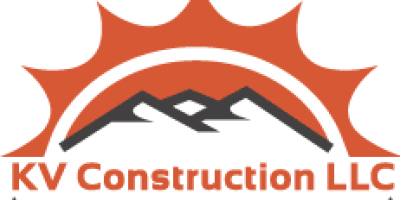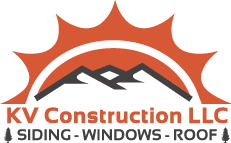Introduction to Aluminum Siding
Aluminum siding is a popular choice for homeowners seeking a durable, low-maintenance exterior covering. Its prevalence in various regions, including the moisture-rich climates like Seattle, WA, underscores its suitability against environmental challenges. This article explores the significant benefits and drawbacks of choosing aluminum siding for residential properties.
Benefits of Aluminum Siding
Durability and Lifespan
One of the chief advantages of aluminum siding is its robustness. Unlike other materials that can deteriorate quickly under harsh weather, aluminum withstands severe conditions, from torrential rains to high winds. It does not rust, which is crucial in areas with high humidity or coastal environments.
Low Maintenance Requirements
Aluminum siding requires minimal upkeep. It does not succumb to the typical issues that plague other sidings, such as rotting or insect damage. A simple cleaning with mild soap and water is often enough to maintain its appearance over the years.
Energy Efficiency
Reflecting heat and insulating properties are inherent in aluminum siding, making it an energy-efficient choice for homes. It helps in keeping indoor temperatures stable, reducing the burden on heating and cooling systems and potentially lowering energy bills.
Fire Resistance
Safety is another notable benefit. Aluminum is non-combustible, offering superior protection against fire compared to other siding materials.
Environmental Impact
Aluminum siding is recyclable, which contributes positively to environmental sustainability. At the end of its long service life, it can be recycled without degradation of quality.
Drawbacks of Aluminum Siding
Noise
Aluminum siding can be noisy, particularly during heavy rains or hail. The sound of impact can be more pronounced compared to other siding materials, which might be a consideration for some homeowners.
Denting
While durable, aluminum is susceptible to denting from physical impacts, such as hailstones or flying debris during storms. Though these dents do not affect the siding’s protective capabilities, they can detract from the aesthetic appeal of the home.
Color Fading
Over time, exposure to the sun can lead to the fading of color on aluminum siding. This fading can result in a need for repainting to restore its original appearance.
Thermal Expansion
Aluminum expands and contracts with temperature changes, which can sometimes lead to a noisy creaking sound. Proper installation can mitigate this issue, but it is something to be aware of.
Cost
While aluminum siding is less expensive than some high-end siding materials, it can be costlier than options like vinyl, particularly when considering installation complexities.
Why Choose KV construction LLC for Your Siding Needs?
When considering aluminum siding for your Seattle home, partnering with a knowledgeable siding company like KV construction LLC ensures expert guidance and high-quality installation. Located in Seattle, WA, they understand the local climate and its impact on siding choices, ensuring that your investment enhances both the beauty and functionality of your home.
Conclusion
Aluminum siding offers a balance of advantages and challenges. Its durability, low maintenance, and energy efficiency make it an attractive option for many homeowners, while considerations like noise and denting are important drawbacks to consider. Choosing the right contractor can make all the difference in maximizing the benefits of aluminum siding for your home.


